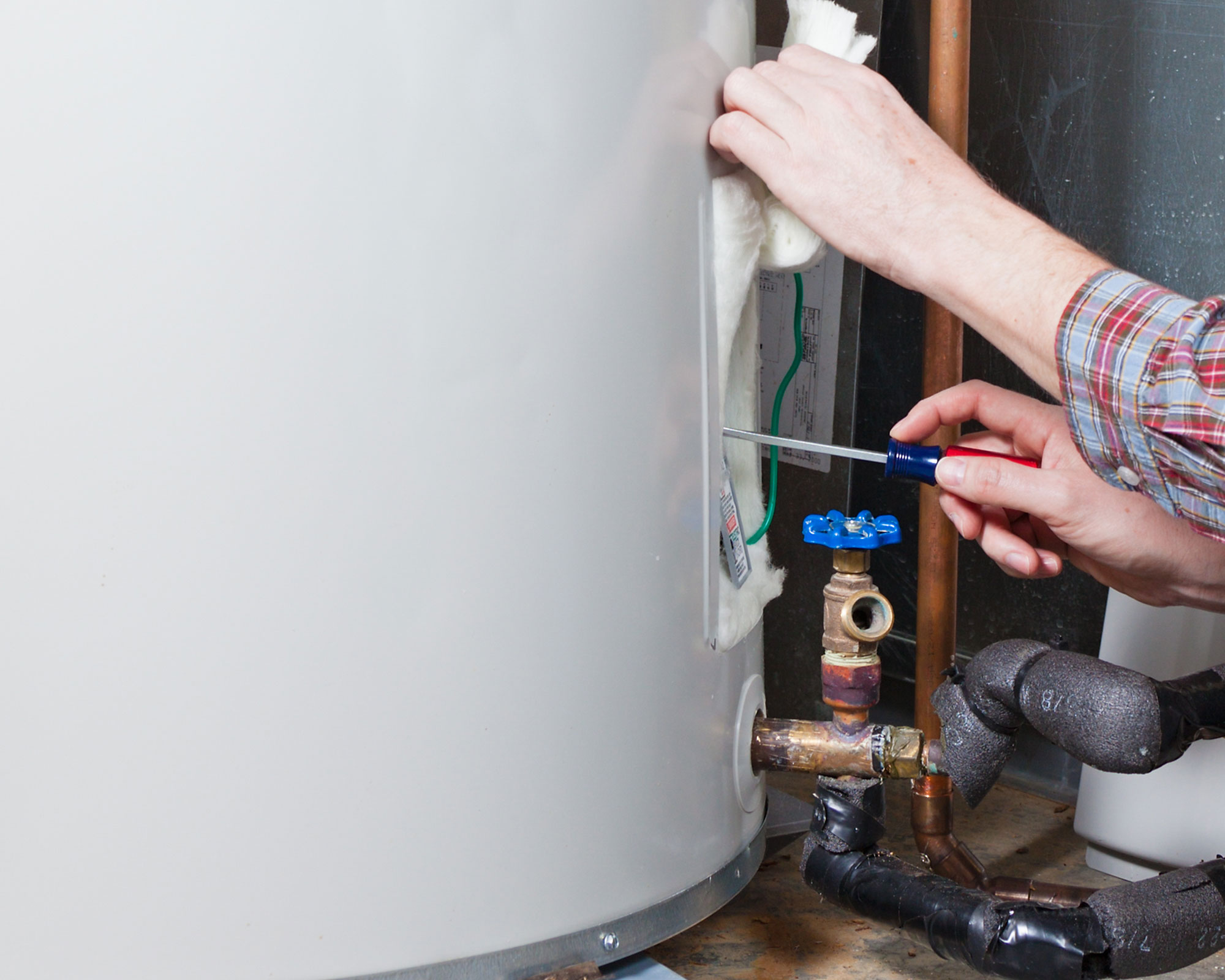Is a chilly shower or a lukewarm sink disrupting your morning routine? Whether you’re a homeowner or a business owner, a reliable hot water supply is essential for daily comfort and operations. But what happens when your trusty water heater decides to call it quits?
This unexpected inconvenience can leave you with a pressing question: repair or replace? What you decide can significantly affect your budget, your schedule, and your access to hot water. That’s why, in this guide, we’ll walk you through the key factors to consider when deciding whether to repair or replace your broken water heater.
Signs your water heater needs attention
Firstly, you need to identify whether your water heater is actually broken or just experiencing a minor issue. Here are some common signs that indicate your unit needs attention:
- No hot water – If your water heater is not producing any hot water, it’s a clear indication that something is wrong.
- Inconsistent temperature – Varying temperatures of hot water could indicate a malfunctioning heating element or a faulty thermostat.
- Leaks – Any visible leaks around your water heater should not be ignored, as they are a clear indication that something is wrong with your unit.
- Strange noises – If your water heater is making unusual popping, banging, or whining noises, there could be sediment buildup or other issues.
What to consider when deciding to repair or replace your water heater
Once you’ve determined that your water heater is indeed broken, consider the following factors to help you decide whether to repair or replace it.
Age of the water heater
On average, traditional tank-style water heaters have a lifespan of 8–12 years, while tankless water heaters can last up to 20 years. So if you believe your water heater is reaching the end of its life expectancy, it may be more cost-effective to replace it rather than repair it. This will also give you peace of mind knowing that you won’t have to deal with any unexpected breakdowns in the near future.
Extent of the damage
The extent and severity of the damage can also impact your decision. If a minor issue such as a faulty thermostat or heating element is causing the problem, then a simple repair may suffice. However, if there are multiple components that need replacement or if the tank itself is damaged, a replacement may be necessary.
Cost of repair vs. replacement
Replacing a water heater is usually more expensive than repairing it, but this may not always be the case. If you have an older water heater that demands constant maintenance, it may end up costing more in the long run. On the other hand, a newer water heater may have parts that are still under warranty, which means it could be repaired at a lower cost. It’s important to weigh the cost of repairs against the cost of replacement and consider which option is more financially feasible.
Availability of parts
For older water heaters, finding replacement parts can be a challenge. If the necessary components are no longer available or need to be specially ordered, it could prolong the repair process and increase the cost. In this case, it may be more practical to replace the unit with a newer model that has readily available parts.
Energy efficiency
Older water heater models are usually less energy-efficient, which often rack up higher utility bills. If your water heater is on its last legs, it may be worth considering a replacement with a more energy-efficient model. While purchasing a new model may cost more in the short term, the lower energy bills will ultimately save you money in the long run.
Hot water needs
If your current water heater is not meeting your household or business’s hot water demands, it may be time to upgrade. A larger tank or a tankless water heater could provide you with a more consistent and reliable supply of hot water.
Still unsure? Consult a professional
If you’re still unsure whether to repair or replace your broken water heater, it’s always best to consult the experts at Benefiel Plumbing. Our professionals can assess the situation and provide you with expert advice on the best course of action for your specific water heater problem. Additionally, we can give you an estimate of the cost for both options, helping you make a more informed decision.
Contact us today to get started!
